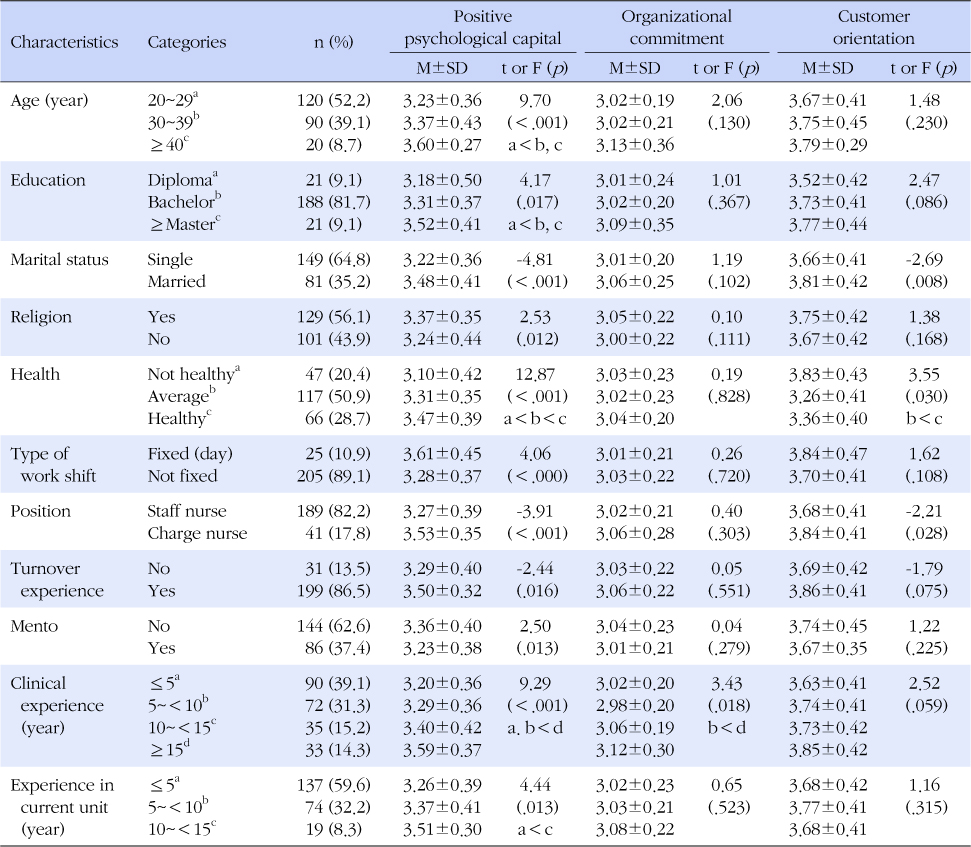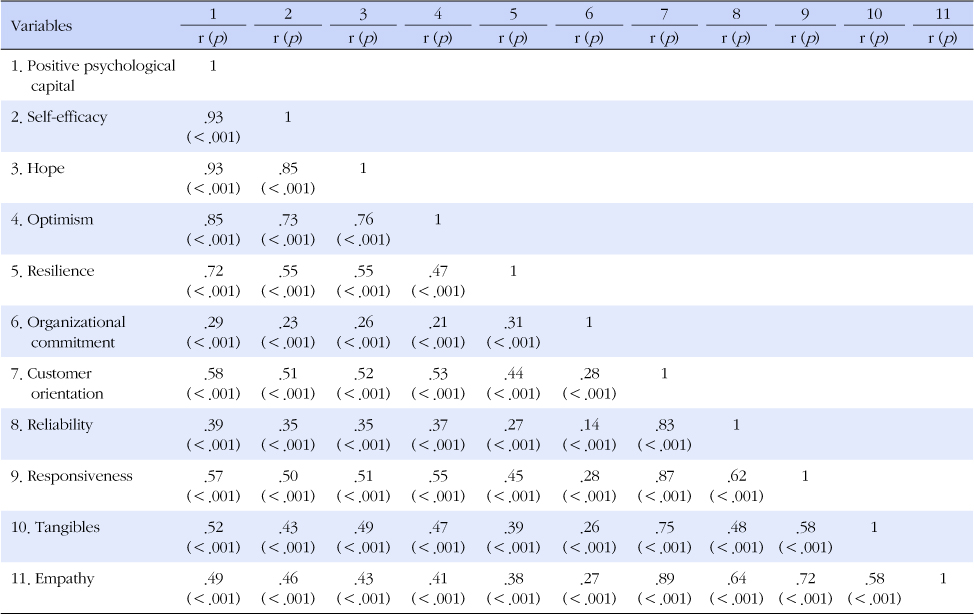1Department of Nursing · Nursing Policy Research Institute, Yonsei University, Korea.
2Seoul Women's College of Nursing, Korea.
3Department of Nursing Science, Daegu Health College, Korea.
4Graduate School, University of Illinois at Chicago College of Nursing, Korea.
Copyright © 2015 Korean Academy of Nursing Administration
This is an open access article distributed under the terms of the Creative Commons Attribution Non-Commercial License (http://creativecommons.org/licenses/by-nc/3.0/), which permits unrestricted non-commercial use, distribution, and reproduction in any medium, provided the original work is properly cited.





